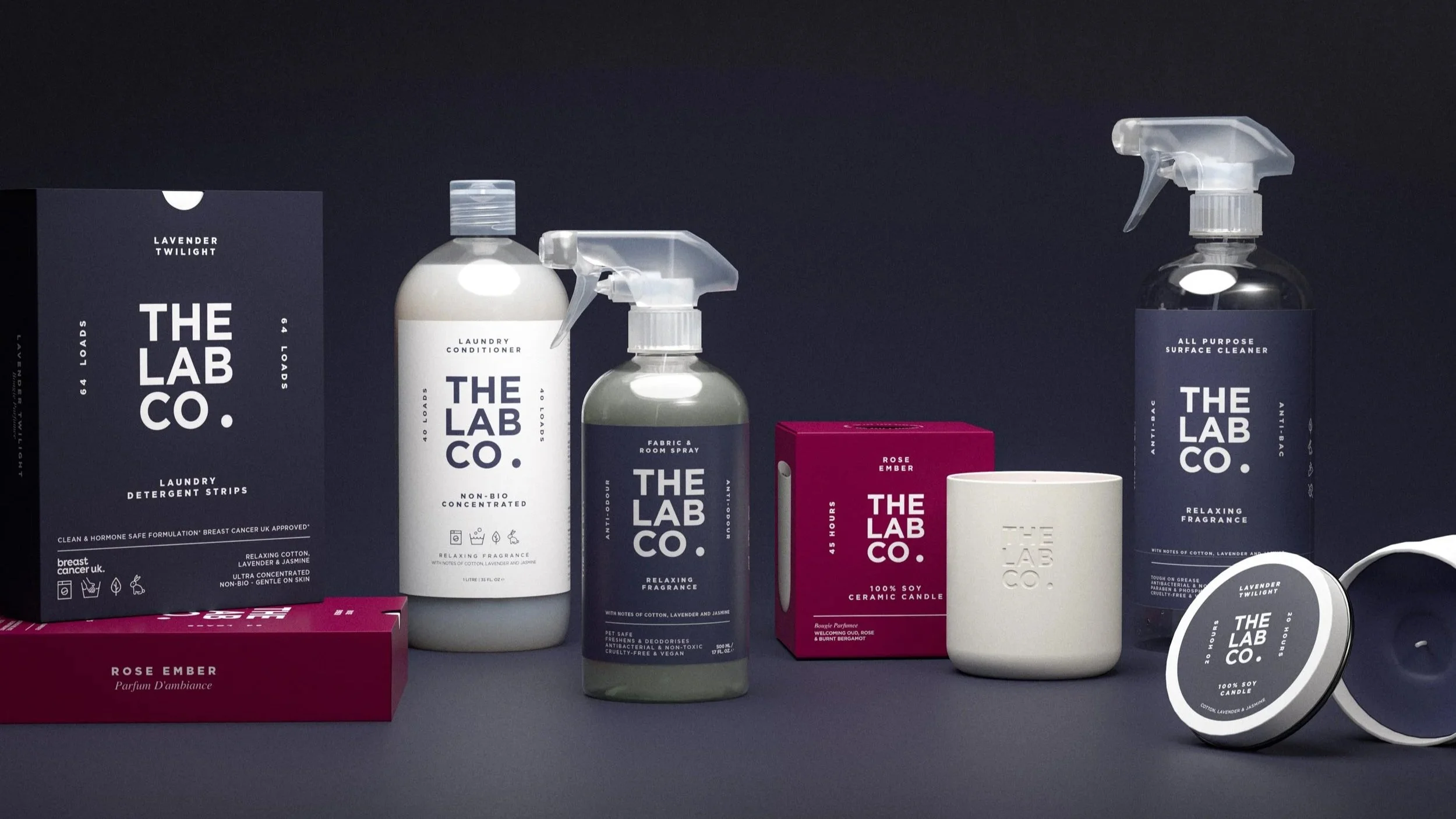A naturally better way to clean with Purdy & Figg's new book
Oh, this is big news. We got a sneak peek with a proof copy of Purdy Rubin & Charlotte Figg’s book a few months ago, but the book itself is a lovely (we do love a silk bookmark), and we can think of several people to gift it to, this Christmas.
Jo has turned many, many friends and family on to Purdy & Figg’s products since she first came across them during lockdown – at that point, NHS nurse Purdy and board-level strategist turned horticulturalist Charlotte were simply making (particularly fab-smelling) hand sanitisers. But they cleverly pivoted to become one of the fastest-growing home cleaning brands in the UK, subscriptions to which we have given to friends, and without which Jo’s house, for sure, would be far less sparkling and much less fragrant.
We absolutely hate the smell of chemical cleaning products – but nature really does have all the answers. So, to sit alongside their uber-multi-tasking cleaning sprays – made up so easily by pouring a small bottle of Purdy & Figg essential oil cleaning concentrate into one of their brown glass atomisers, and topping it up with water – there is now Clever Cleaning: The Natural Way to Clean Everything (New River). And it truly DOES cover everything, including an invaluable section called ‘The Stain Bible’, which covers candle wax, highlighter pens, make-up, beetroot and many unsavoury bodily liquids, among other troublesome marks.
We wanted to share a little taster of the book to whet your interest, and found the section on essential oils very interesting. (It includes recipes for making your own fragrant home products, using these.) So, here goes…
SAFETY, SUSTAINABILITY AND ADULTERATION
Essential oils are skin irritants and can cause allergic reactions.
• Beware of any room spray recipes that mix essential oils with water, because without a preservative, bacteria will breed within days – so always stick to ethanol.
• Always place diffusers out of reach of children and pets.
• Make sure pets can leave any room where essential oils are being diffused and never diffuse in a room with a caged animal or bird.
• Always buy from reputable suppliers. Organic certification is a good choice, but can be pricy.
• Essential oils should be sold and stored in dark glass – never plastic bottles because the oils can degrade from heat and sunlight.
• Unusually low prices may be a sign of adulteration or poor quality, and beware of any mention of ‘Fragrance Oil’, ‘Essence’ or ‘Perfume’ on the bottle or label.
• Beware of dubious marketing claims such as ‘genuine essential oil’, ‘therapeutic grade’, ‘aromatherapy grade’ or other phrases such as ‘nature identical’, ‘reconstituted’, ‘lavender 40:42’, because these are unlikely to be pure essential oils.
• Endangered species to avoid include rosewood and Indian or Mysore sandalwood. For more information about endangered species and conservation, visit The International Union for Conservation of Nature – ICUN.org.
The cover actually has a quote from Jo on it (after reading that preview copy): ‘This book turns a chore into a pleasure.’ And it absolutely does…
Clever Cleaning: The Natural Way to Clean Everything/£14.99 – buy here


